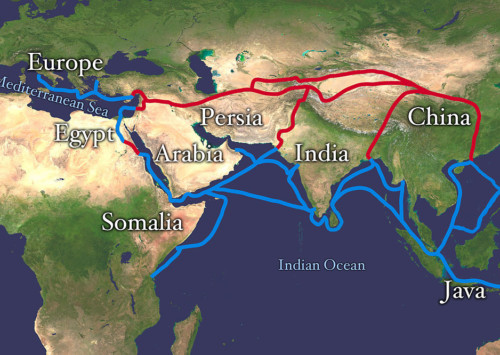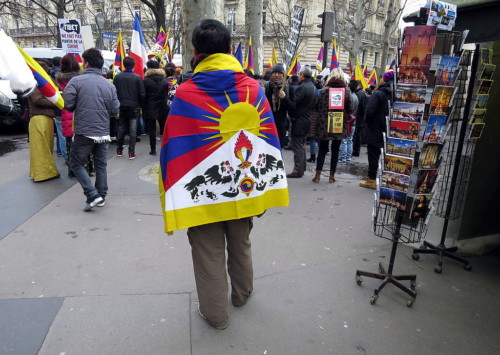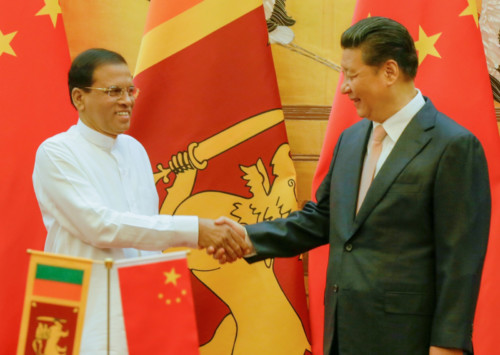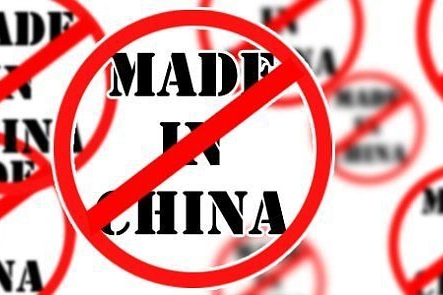Indo-China tensions escalate
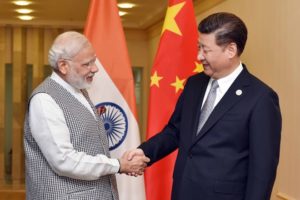
Narendra Modi and Xi Jinping, heads of states of India and China respectively, are yet to directly communicate on the ongoing issues
China and India have been engaging in an exchange of disputes even as a scheduled meeting for BRICS countries is awaited.
Once ‘Hindi-Chini Bhai Bhai’ (or India-China are brothers), the relationship between the two Asian giants has been taking turns for the worse over the past few months. India’s stand-off with China in recent times had been instigated by vocal support for the Dalai Lama, no-shows at international projects such the ‘One Belt, One Road’ project as well as several border aggressions. As India took strong stances on Chinese presence around sensitive border regions surrounding north-eastern states of Arunachal Pradesh and Sikkim, the recently reported presence of Indian forces at a disputed territory between Bhutan and China have considerably heightened the tensions.
India and China’s increasingly tense relations have been in the news for a while now as both countries have made headlines for their hostile take on one another. India denouncing China for conspiring along with neighbouring country Pakistan and China alleging India’s military aggressions are among many such verbal tussles that the two former allies have been engaging in. As both countries reflect the international trend of turning nationalist, the current skirmish between them has directly involved a third party.
Doklam or Dongalong, a territory that has been recognised and claimed as technically under Chinese territory, stands as a disputed land that has also been claimed by Bhutan, which objected to Chinese construction in the area. India has been providing security to this territory, supposedly on behalf of Bhutan, triggering the escalation of tensions. China has reacted on the offensive. The Chinese Foreign Minister, Wang Yi was noted in a quote, “The rights and wrongs are very clear, and even senior Indian officials have openly stated that Chinese troops did not step into Indian territory.” He concluded, “The solution to this issue is very simple: conscientiously withdraw.”
Last week, on the issue of withdrawal of forces, Indian external affairs minister Sushma Swaraj stated during a Parliament session, “If China unilaterally changes the status quo of the tri-junction point, then that is a direct challenge to our security. Their demand is that we should withdraw our troops from there. We want that, if we are having a conversation, if we want to have talks, then both should withdraw their armies. From our side, there is no unreasonable demand.”
Treading uncertain territory
Earlier this week, the Chinese foreign ministry spokesperson Lu Kang said, “China and India have a smooth diplomatic channel.” He added, “The crux now is Indian border troops illegally stayed on China’s territory. Once again, we urge India to pull back to the Indian side of the boundary. I want to stress that this is precondition for any meaningful talks between the two sides.”
Even as the current dispute between India and China has a disputed territory in picture, the strong messages from both countries have left many speculating as to the consequent dialogues, or absence of it in the upcoming BRICS’ (Brazil, Russia, India, China and South Africa) National Security Advisors’ meeting in China. China has made it clear that the scope for negotiations can arise on the condition of withdrawal of Indian troops from the disputed territory. Whether India relents or takes the relations through another course remains to be seen.

